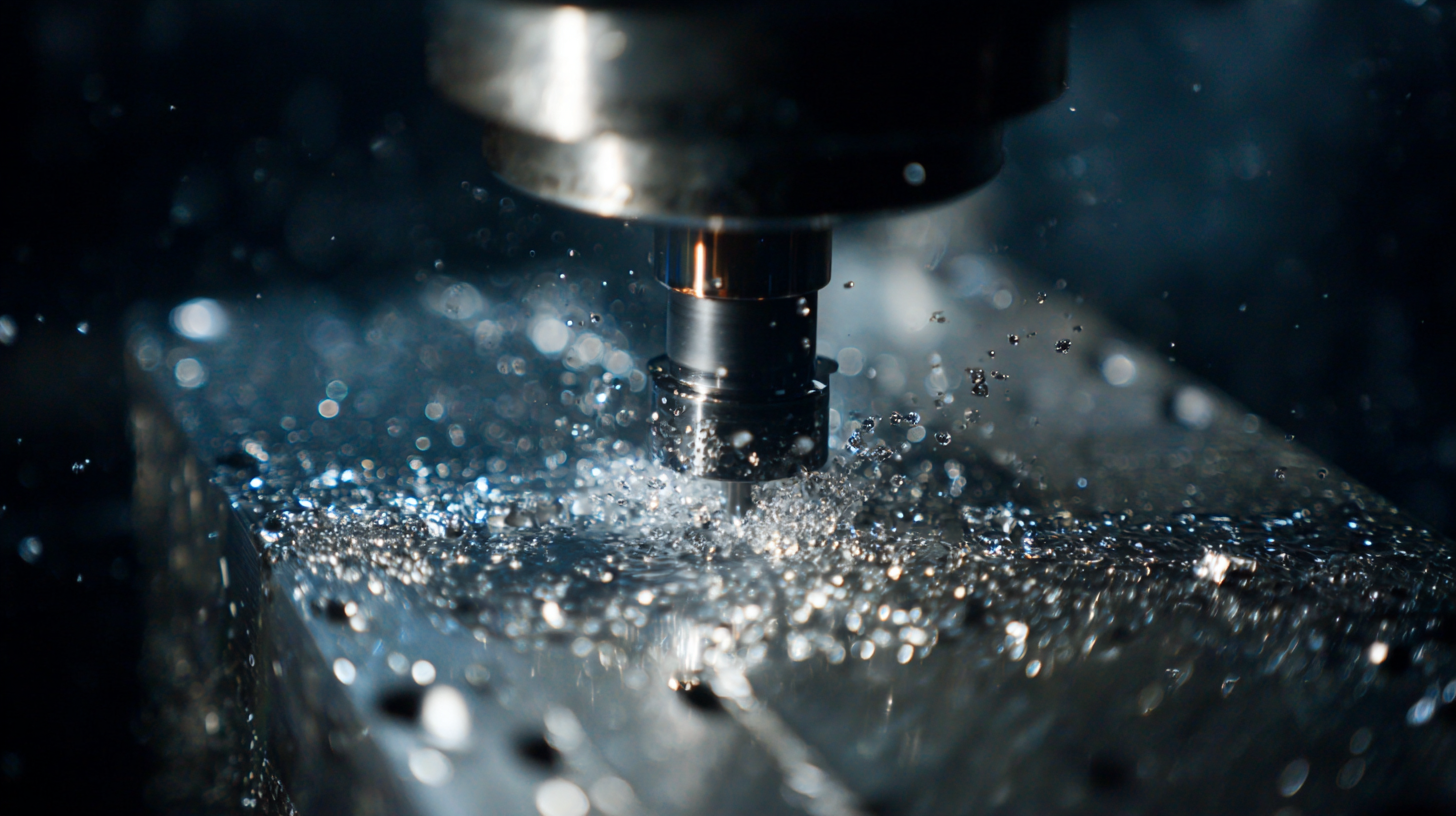 The rapid advancement of technology has brought forth a new era in precision engineering, with micro CNC machining at the forefront of this revolution. This innovative technique allows for unparalleled accuracy and efficiency, pushing the boundaries of what is possible in manufacturing. As industries strive for higher productivity and lower costs, the integration of digital tools and automation has become pivotal. Micro CNC machining not only enhances the fabrication of complex components but also enables the production of intricate designs that were previously unattainable.
This evolution is complemented by the emergence of "digital+best" solutions, which harness the power of data analytics and machine learning to optimize machining processes. As we delve into the future of micro CNC machining, it is evident that these developments will not only reshape precision engineering but will also set new standards across various sectors, from aerospace to medical devices, leading to a more efficient and innovative manufacturing landscape.
The rapid advancement of technology has brought forth a new era in precision engineering, with micro CNC machining at the forefront of this revolution. This innovative technique allows for unparalleled accuracy and efficiency, pushing the boundaries of what is possible in manufacturing. As industries strive for higher productivity and lower costs, the integration of digital tools and automation has become pivotal. Micro CNC machining not only enhances the fabrication of complex components but also enables the production of intricate designs that were previously unattainable.
This evolution is complemented by the emergence of "digital+best" solutions, which harness the power of data analytics and machine learning to optimize machining processes. As we delve into the future of micro CNC machining, it is evident that these developments will not only reshape precision engineering but will also set new standards across various sectors, from aerospace to medical devices, leading to a more efficient and innovative manufacturing landscape.
The automotive manufacturing sector is witnessing a significant transformation driven by the burgeoning demand for precision engineering. As vehicles become increasingly sophisticated, the need for high-accuracy components has surged. This evolution necessitates advanced machining techniques, and Micro CNC machining is at the forefront, providing the precision required to meet the stringent standards of modern automotive design.
With the global CNC machine market projected to escalate from $101.22 billion in 2025 to $195.59 billion by 2032, a compound annual growth rate (CAGR) of 9.9% indicates a robust investment appetite within the industry. Automotive manufacturers are now prioritizing micro machining technologies to enhance efficiency, reduce waste, and improve the performance of vehicle parts. This shift not only fosters innovation but also ensures that manufacturers keep pace with regulatory requirements and consumer expectations for high-quality, reliable vehicles.
| Year | Automotive Production (Units) | Precision Engineering Demand (%) | Market Size (Billion USD) | Growth Rate (%) |
|---|---|---|---|---|
| 2021 | 80 million | 15% | 5.2 | 7% |
| 2022 | 85 million | 17% | 5.8 | 9% |
| 2023 | 90 million | 20% | 6.5 | 10% |
| 2024 | 95 million | 22% | 7.3 | 11% |
| 2025 | 100 million | 25% | 8.1 | 12% |
Micro CNC machining is at the forefront of precision engineering, offering advancements that significantly enhance manufacturing processes. The latest technologies have transformed traditional machining methods, enabling the production of intricate components with exceptional accuracy. These innovations are driven by improved software algorithms, advanced materials, and enhanced machine capabilities that can operate at much finer tolerances. As industries increasingly demand precision parts, micro CNC machining is proving to be an invaluable solution.
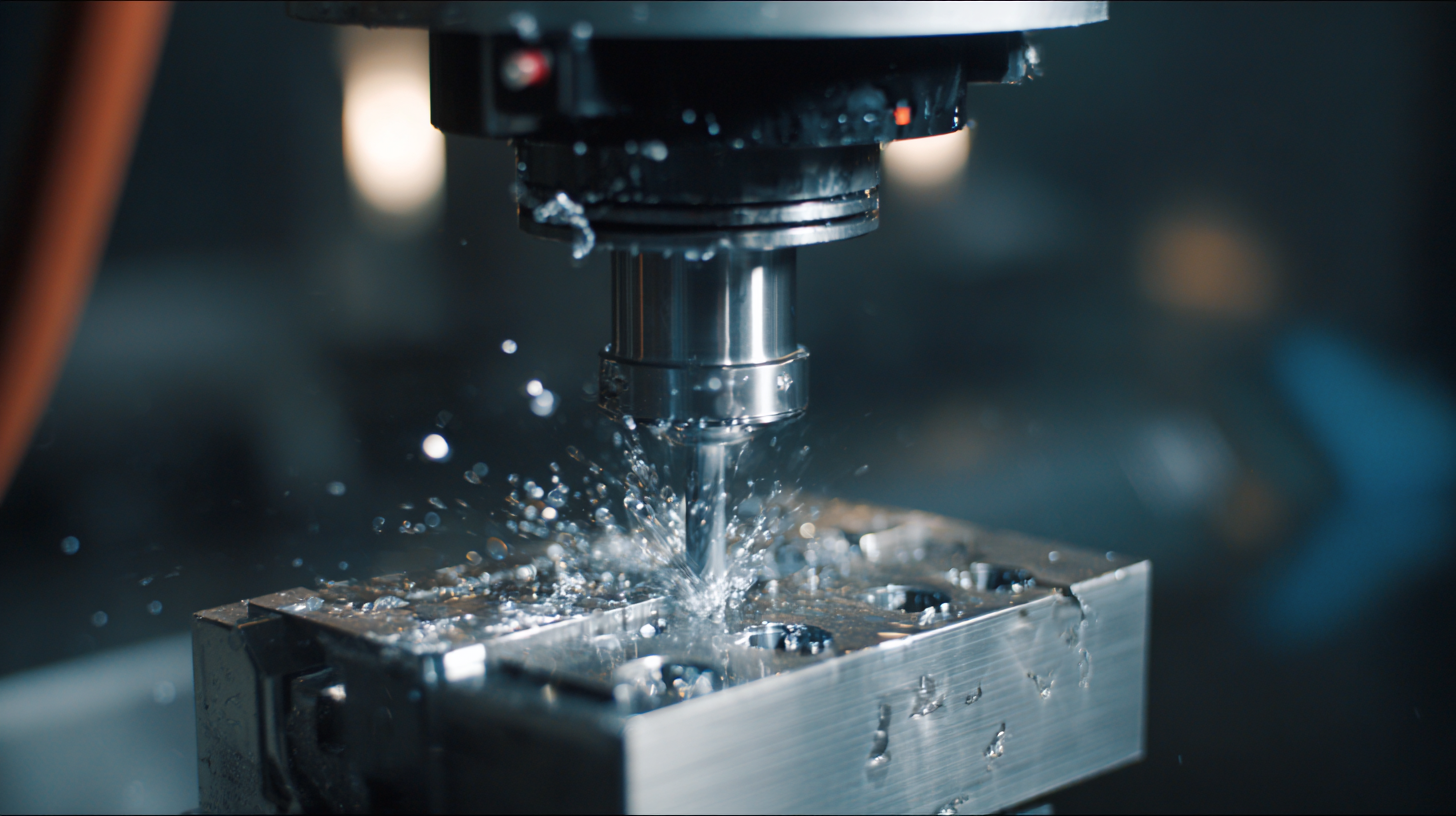
Tips: When considering micro CNC machining for your projects, always assess the material properties and design requirements thoroughly. By optimizing your designs for micro machining, you can improve efficiency and reduce production costs. Additionally, partnering with experienced machinists who specialize in micro fabrication can further ensure the success of your endeavors, as they can provide insights into optimal machining strategies and the latest technological advancements.
The impact of these technological advancements extends beyond mere precision. They enable the manufacturing of complex geometries that were previously impossible, paving the way for innovation in fields such as medical device production, aerospace, and electronics. As micro CNC machining continues to evolve, it is set to redefine the boundaries of what's achievable in precision engineering.
Micro CNC machining is transforming the aerospace industry by offering unparalleled precision at a reduced cost. The ability to manufacture intricate components with tight tolerances significantly enhances the performance and reliability of aircraft systems. With the increasing demand for lightweight materials and complex geometries in aerospace applications, micro CNC machining provides an efficient solution for producing high-quality parts, from fuel injector nozzles to turbine blades. This precision engineering technique allows manufacturers to meet stringent regulatory requirements while minimizing waste, which directly contributes to cost savings.
Moreover, the integration of micro CNC machining into the production process enables rapid prototyping and reduced lead times, allowing aerospace companies to innovate more swiftly. The cost-effectiveness of micro CNC machining is evident in its ability to optimize material usage and reduce machining cycles, which not only lowers operational costs but also enhances the sustainability of manufacturing practices. As the aerospace sector continues to evolve, embracing micro CNC machining will be crucial for maintaining competitive advantage and driving advancements in precision engineering.
This chart illustrates the cost-effectiveness of Micro CNC Machining compared to traditional CNC machining in aerospace applications. The data demonstrates significant savings in machining time and overall costs when utilizing Micro CNC Machining technology.
Micro CNC machining is playing a crucial role in enhancing quality control in medical device production. As precision engineering techniques become more sophisticated, micro CNC machining allows manufacturers to create intricate components with unmatched accuracy. This precision is critical in the medical field where even the smallest deviation can lead to significant consequences. By leveraging advanced algorithms and high-speed cutting tools, manufacturers can ensure that every product meets stringent regulatory standards while maintaining functionality.
Tips: When it comes to implementing micro CNC machining in your production line, consider investing in high-precision tooling and software. This combination not only improves accuracy but also reduces production times, fostering a more efficient workflow. Regular calibration of your machines is essential to maintain quality control and to prevent costly errors.
Additionally, integrating real-time monitoring systems can provide immediate feedback during the production process, allowing for adjustments on-the-fly. This proactive approach to quality control can significantly enhance the reliability of medical devices, ensuring they are safe for end-users. By embracing technology and maintaining rigorous standards, manufacturers can excel in the highly competitive medical device market.
As the demand for precision engineering increases, the micro CNC machining industry is witnessing an innovative shift towards environmental sustainability. The integration of eco-friendly practices in micro CNC machining not only enhances efficiency but also reduces the ecological footprint of manufacturing processes. This approach often incorporates the use of biodegradable lubricants and advanced cooling systems that minimize hazardous waste, thereby fostering a greener production environment.
Moreover, advancements in materials and technology play a pivotal role in promoting sustainable practices. Manufacturers are increasingly opting for recyclable materials and energy-efficient machinery that lowers energy consumption during production. The rise of digital technologies, such as IoT and AI, aids in optimizing machining operations by predicting maintenance needs and reducing material waste. This convergence of sustainability and precision engineering helps micro CNC machining evolve into a more responsible and innovative industry, ensuring its relevance in the future landscape of manufacturing.
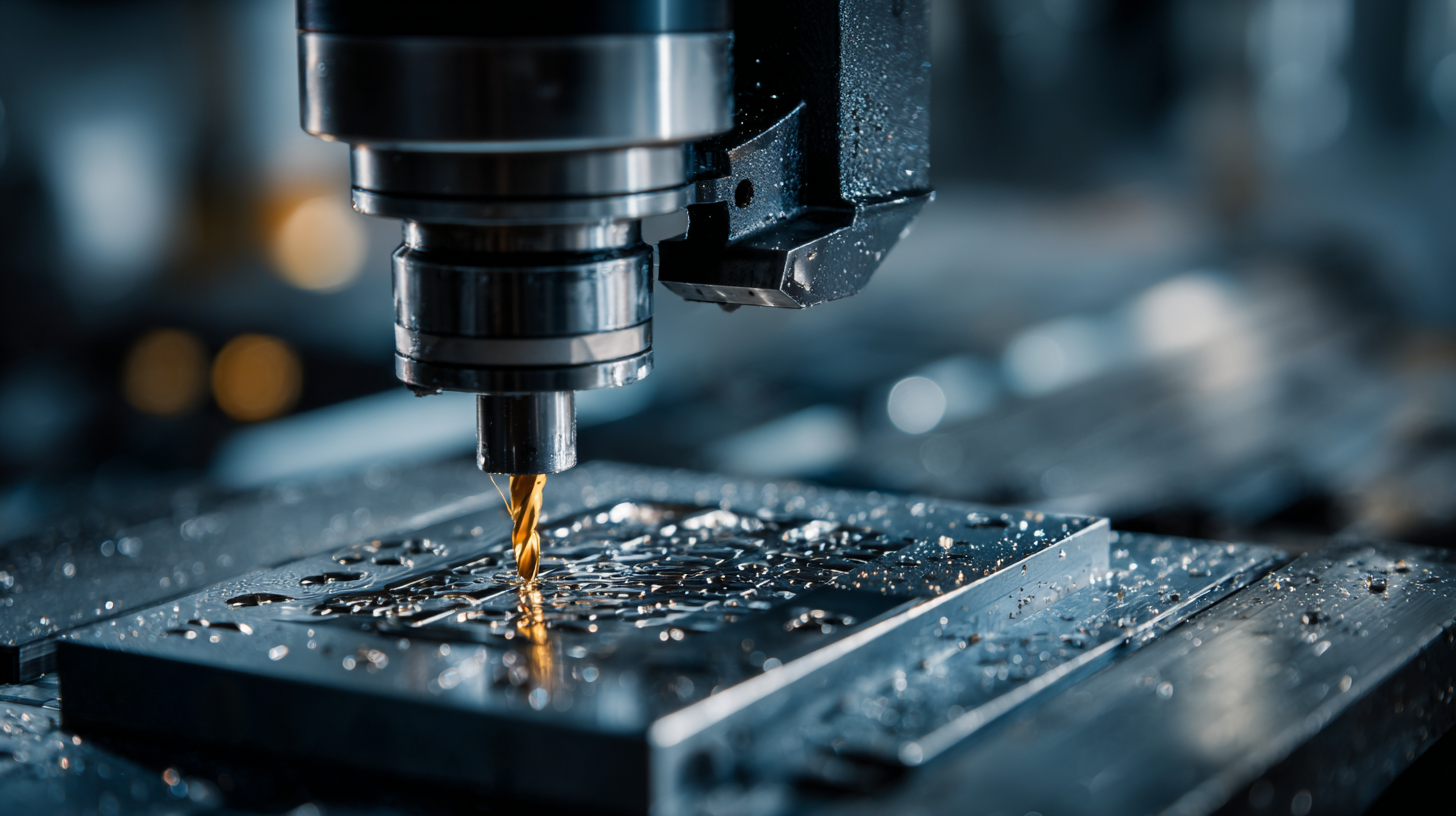
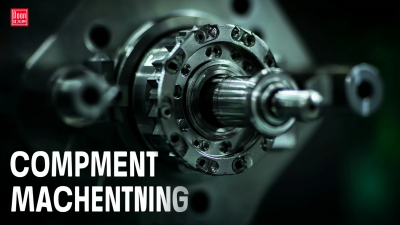
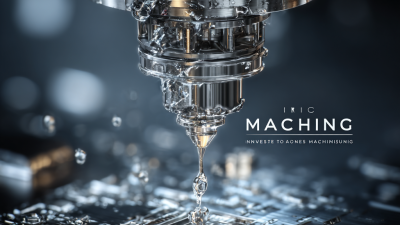
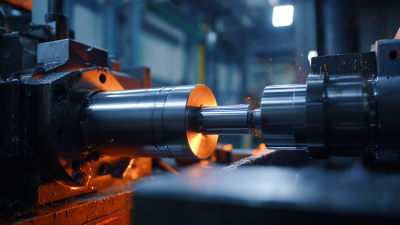


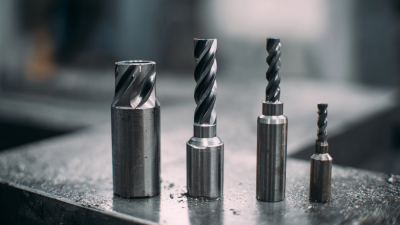
Contact
KYOCERA SGS Precision Tools, Inc.
(330) 686-5700
150 Marc Drive
Cuyahoga Falls, OH 44223
Products
Resources